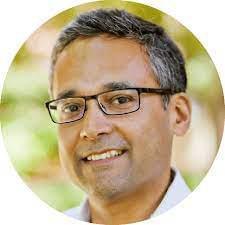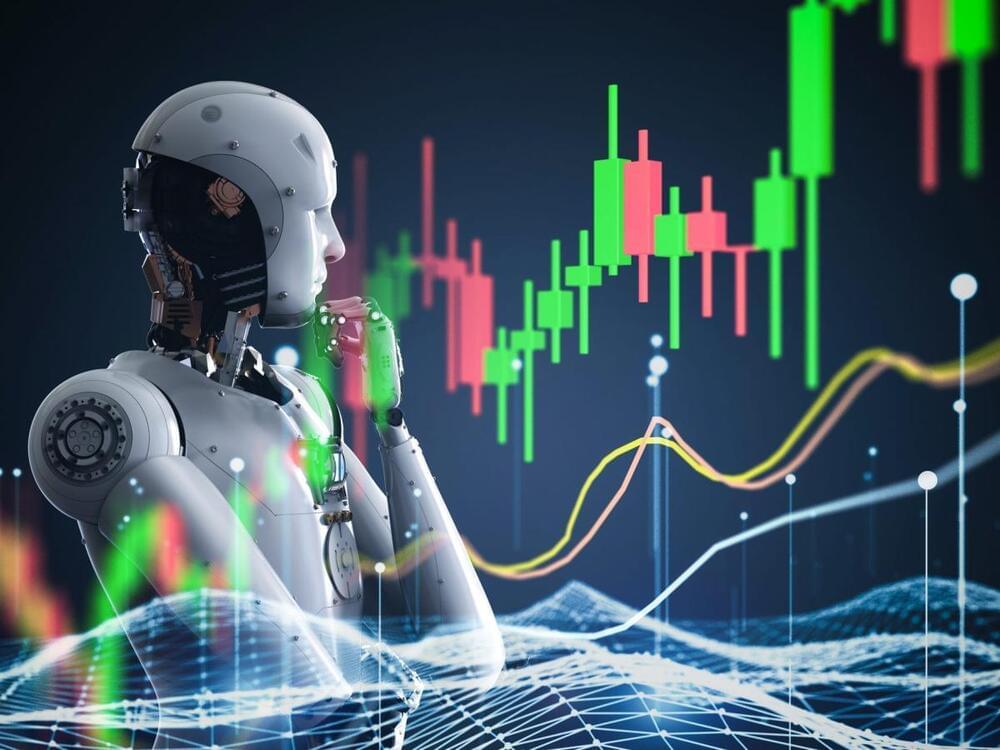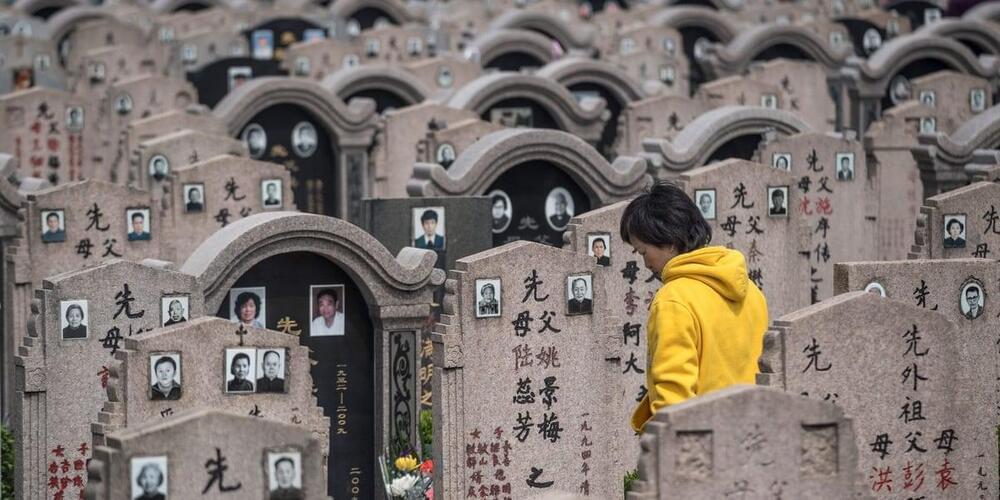Caryn Marjorie created an AI version of herself to combat loneliness. Now she’s working hard to stop it from engaging in sexually explicit dialogue.



“We’ve discovered that it is one thing to build a search engine, and an entirely different thing to convince regular users of the need to switch to a better choice.”
Neeva, which for a while looked like one of the startups with a real chance to challenge the supremacy of Google Search, announced on Saturday that it is shutting down its search engine. The company says it’s pivoting to AI — and may be acquired by Snowflake, The Information.
“Building search engines is hard,” Neeva co-founders Sridhar Ramaswamy and Vivek Raghunathan wrote in a blog post announcing the shutdown.
Neeva was ahead of Google on a lot of things in search — but still couldn’t make users switch.

“There’s no kind of a priori right of this technology to upend our world, our lives and displace our own capabilities. I want technology to augment us, not displace us.”
But the technology that’s enabled Grammarly to expand its core offering could also disrupt it.
Fresh to the CEO role, Rahul Roy-Chowdhury talks about AI legislation, Grammarly’s Russia ban and trying to leverage disruptive technologies.

Summary.
As businesses and governments race to make sense of the impacts of new, powerful AI systems, governments around the world are jostling to take the lead on regulation. Business leaders should be focused on who is likely to win this race, moreso than the questions of how or even when AI will be regulated. Whether Congress, the European Commission, China, or even U.S. states or courts take the lead will determine both the speed and trajectory of AI’s transformation of the global economy, potentially protecting some industries or limiting the ability of all companies to use the technology to interact directly with consumers.
Page-utils class= article-utils—vertical hide-for-print data-js-target= page-utils data-id= tag: blogs.harvardbusiness.org, 2007/03/31:999.357112 data-title= Who Is Going to Regulate AI? data-url=/2023/05/who-is-going-to-regulate-ai data-topic= Government policy and regulation data-authors= Blair Levin; Larry Downes data-content-type= Digital Article data-content-image=/resources/images/article_assets/2023/05/May23_28_5389503-383x215.jpg data-summary=
As the world reckons with the impact of powerful new AI systems, governments are jostling to lead the regulatory charge — and shape how this technology will grow.

Plus: The open-source AI boom is built on Big Tech’s handouts. How long will it last?
Last week Google revealed it is going all in on generative AI. At its annual I/O conference, the company announced it plans to embed AI tools into virtually all of its products, from Google Docs to coding and online search. (Read my story here.)
Google’s announcement is a huge deal. Billions of people will now get access to powerful, cutting-edge AI models to help them do all sorts of tasks, from generating text to answering queries to writing and debugging code. As MIT Technology Review’s editor in chief, Mat Honan, writes in his analysis of I/O, it is clear AI is now Google’s core product.

Until now, there has been no easy way to compare the quality of open-source models. An e-sports-inspired system could help.
The Large Model System Organization (LMSYS), which is behind the open-source model Vicuna, has launched the benchmark platform “Chatbot Arena” to compare the performance of large language models. Different models compete against each other in anonymous, randomly selected duels. Users then rate the performance of the models by voting for their preferred answer.


Combining Chat GPT and AI generated art to create a Zack Snyder Justice League sequel. We take what we know from interviews with Zack where he talks about where the story would go and which characters are in it. Then throw that info into chat GPT and see what the AI can come up with. Its actually a pretty good start to what could be a sequel if it had more info and color added to the story.
*disclaimer: I know AI art sometimes draws the characters a bit different, and the AI story can seem a little rushed at times, but its a good start and maybe in a few years AI will be able to make an infinite amount of high quality content for us to consume.
► Music Credit: LAKEY INSPIRED
Track Name: “Blue Boi“
Music By: LAKEY INSPIRED @ https://soundcloud.com/lakeyinspired.
Original upload HERE
• LAKEY INSPIRED -… Official “LAKEY INSPIRED” YouTube Channel HERE — / @lakeyinspired License for commercial use: Creative Commons Attribution 3.0 Unported “Share Alike” (CC BY-SA 3.0) License. Full License HERE — https://creativecommons.org/licenses/.… promoted by NCM https://goo.gl/fh3rEJ
Official “LAKEY INSPIRED” YouTube Channel HERE
/ @lakeyinspired.
License for commercial use: Creative Commons Attribution 3.0 Unported “Share Alike” (CC BY-SA 3.0) License.
Full License HERE — https://creativecommons.org/licenses/.…
Music promoted by NCM https://goo.gl/fh3rEJ
